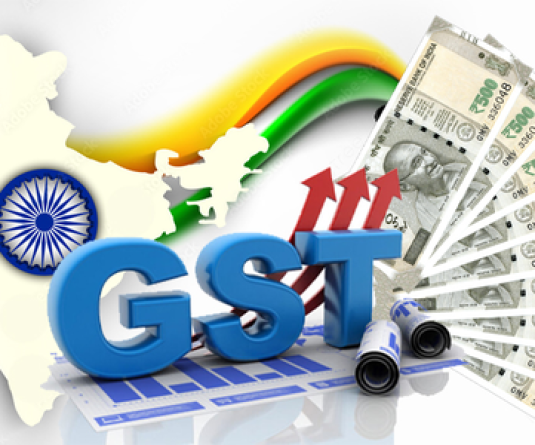New income tax rates will impact insurance agents' incomes

Income Tax. (IANS File Photo)
Chennai, February 4 (IANS): The proposed new income tax slab rates - a lower rate without any tax deductions - may put some money in the hands of taxpayers but would affect the agents selling life or general insurance policies and post office saving instruments, said a top leader of the state-run LIC agents' association.
"In India, a life insurance policy is sold and not bought. It is a social security product. The new tax rates give the option to the tax payer to pay tax without opting for tax saving measures such as buying insurance policies like life, health, or investing in public provident fund (PPF) and others," P.G. Dileep, General Secretary, LIC Agents' Organisation of India.
According to him, Asian insurance giant Life Insurance Corporation of India (LIC) has about 11.89 lakh agents.
"Bulk of the policies sold are with a sum assured of Rs 1 lakh to Rs 5 lakh. The proposed tax slab rates may leave some money in the hands of the taxpayer and he/she may not buy a life insurance policy to save on tax," Dileep said.
He said this would make it even more difficult for agents to sell life policies.
"It will be a big blow for the insurers as insurance cover is sold and not bought. Taxpayers buy insurance covers - life and health - in order to save tax outgo. When there is an option, then the general human tendency is not to buy insurance," practicing chartered accountant P.S. Prabhakar had told IANS.
A senior insurance industry official told IANS preferring anonymity: "Health and life insurance policies are bought mainly as a tax saving measure. Now there seems to be a disincentive for an individual to buy such insurance covers, thereby putting his family finances at risk."
A senior official of a private sector life insurer not wanting to be quoted told IANS that insurance penetration, which is very low in India, will come down further.
According to Prabhakar, such tax proposals are fine in countries where there is a strong social security system, whereas in India a person has to fend for himself during his old age. Thus, compulsory tax saving schemes taken at a younger age provide social security during old age.
"There is no guarantee that the government would continue with the old systems and can very well scrap the same in the future, Prabhakar had said.
The one solace now for the policyholders is that the government has not decided to tax the maturity proceeds of a life insurance policy.
Perhaps one via media is to offer tax deduction for term life insurance under the new tax rates.






